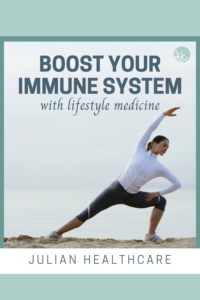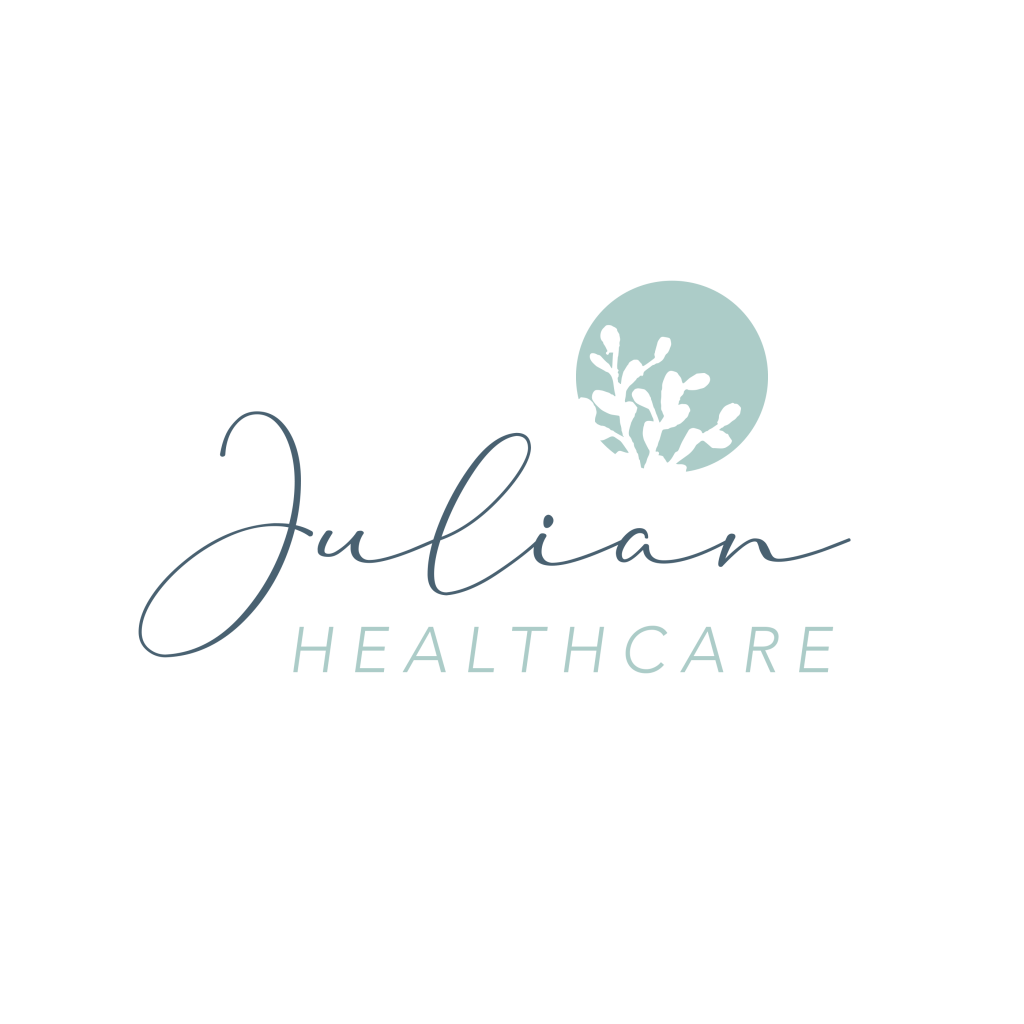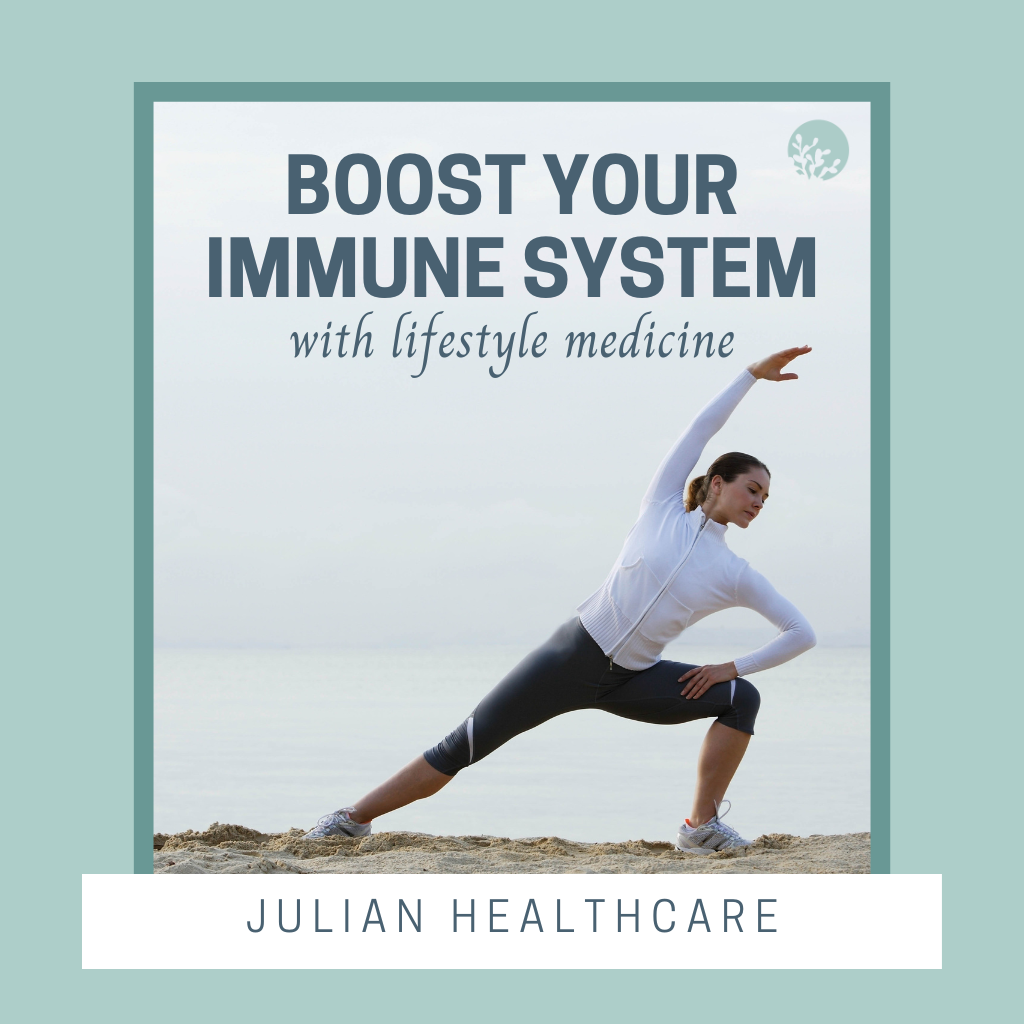Poor immune health can have a significant effect on quality of life. Our choices in diet and lifestyle, the health of our GI tract, and how we manage stress all play pivotal roles in the function of our immune system. The body has remarkable resilience and a metabolic reserve that acts as a buffer against disease. It is up to you to provide your body with the right conditions and engage in lifestyle patterns for optimal health and immune system function.
Diet
Consuming adequate micronutrients is critical to boost your immune system health. Micronutrients supply fuel to immune cells and help repair damage from adversarial encounters. Deficiencies in micronutrients can slow the body’s healing capacity, infection fighting capabilities, and increase free radical activity that contributes to aging and inflammation. Some of the important micronutrients for immune health include vitamin c, zinc, vitamin d, vitamin a, and selenium. In addition to these micronutrients, an immune boosting diet consists of healthy proteins, fats, and carbohydrates.
Your body relies on protein to provide important building blocks for the immune system. Important immune cells, antibodies, and enzymes all rely on an abundant supply of protein in order to function properly. Focus on eating proteins like pasture-raised chicken and eggs, grass-fed beef, wild caught salmon, shrimp, yogurt, lentils, and chia seeds.
Omega-3 fats, such as those found in fish, avocados, and walnuts, are called essential fatty acids as the body cannot make them. Omega-3 fats have numerous health benefits, such as reducing inflammation throughout the body. Extensive scientific evidence shows that inflammation is a major factor in most, if not all, chronic diseases, and especially in immune disorders. For this reason, omega-3 fats are important for building a healthy, balanced immune system. Some other fats to include in your diet: cold-pressed extra-virgin olive oil, coconut oil, avocado oil, nuts and seeds, and fish oil.
No healthy diet is complete without carbohydrates. But, ideally, most of the sugar and carbohydrates you consume should come from fruits and vegetables. Plant foods contain fiber, antioxidants, vitamins and minerals; therefore, carbohydrates are delivered in the right context. Phytonutrients, the natural health-boosting compounds in plants, provide many of the antioxidant and anti-inflammatory benefits of fruits and vegetables. Choosing fruits and vegetables of different colors provides the broadest and most beneficial array of nutrients.

Lifestyle Habits
Restful sleep is critical to a healthy immune system. Our bodies use sleep as a restorative time when tissues are repaired and digestion is active. Many people do not achieve the recommended six to eight hours of sleep per night. Healthy sleep patterns can be reinforced by using some of these tips:
- Minimize the use of electronic devices two hours before bed
- Avoid caffeine after 3 p.m. or earlier
- Keep your bedroom dark, cool, and quiet
- Take a warm Epsom salt bath before bed
Regular physical activity is one of the most important steps you can take to improve your health and boost your immune system. Building aerobic capacity and muscle mass helps to maintain a healthy weight, improve bone health, detoxify the body, and reduce stress. Adults should aim for 150-300 minutes of moderate-intensity exercise per week.
Gastrointestinal Health
The role of the gastrointestinal tract in immune health cannot be overstated. The GI tract encounters more microbes and potentially harmful molecules than any other part of the body through the foods we eat. For this reason, over 70% of the immune system exists within the highly trafficked GI tract. The GI tract is also where nutrients are absorbed and toxins are eliminated from the body. Balancing the GI tract is, therefore, often a first priority in recovering immune function.
GI health starts with a balanced diet rich in plant foods, fiber, protein, healthy fats, and water. Fiber helps to control blood sugar, bind and eliminate toxins, and also acts as a prebiotic, or food for the masses of healthy bacteria residing in the GI tract. Fermented foods, such as yogurt, sauerkraut, and kimchi, are natural sources of both prebiotics and probiotic bacteria. Broad-spectrum probiotics containing the species Lactobacillus, Bifidobacteria, and Saccharomyces boulardii, can greatly enhance microbial populations.
Stress
Stress, in its most basic form, is a force, pressure or weight. Although our bodies are equipped to handle short-term stressors, chronic stress over long periods of time taxes the brain, body, and health to a great degree. Excessive stress can significantly impede the body’s ability to heal and regenerate. Recurring infections, slow wound healing, or becoming more susceptible to a cold or the flu can be a result of high stress levels that deplete immune reserves. Chronic stress can also significantly increase inflammation in the body, leading to cellular, tissue, and joint damage.
Stress management is important, even if you don’t feel particularly stressed. Managing stress looks different to everyone. Here are some ideas to try out: keep a gratitude journal, practice breathing exercises, speak to a counselor, learn to say no, laugh often, spend time in nature, and exercise regularly.
Get Support to Boost Your Immune System
If you are struggling with your immune health, working with Julian Healthcare can help you uncover the underlying causes of your symptoms and develop a plan to address the major factors that are contributing. Many people experience marked improvements in longstanding symptoms with simple changes to diet and lifestyle, gastrointestinal health, and stress management. We can help you decide the areas that are most important for your unique situation. Remember, while making changes in one area will produce positive effects, intervening on multiple levels is the best way to reach your peak immune potential. Learn more about becoming a Julian Healthcare patient.



